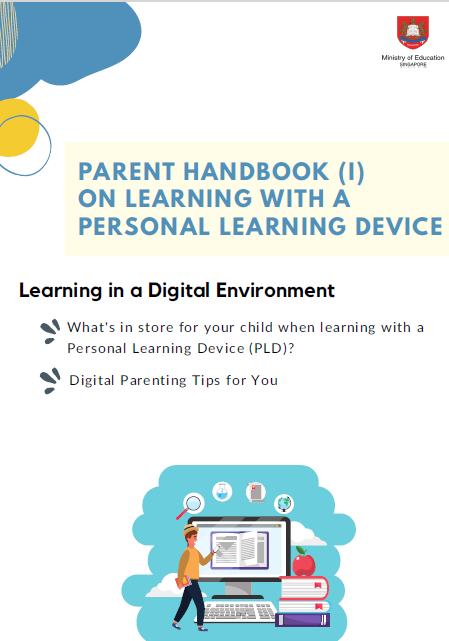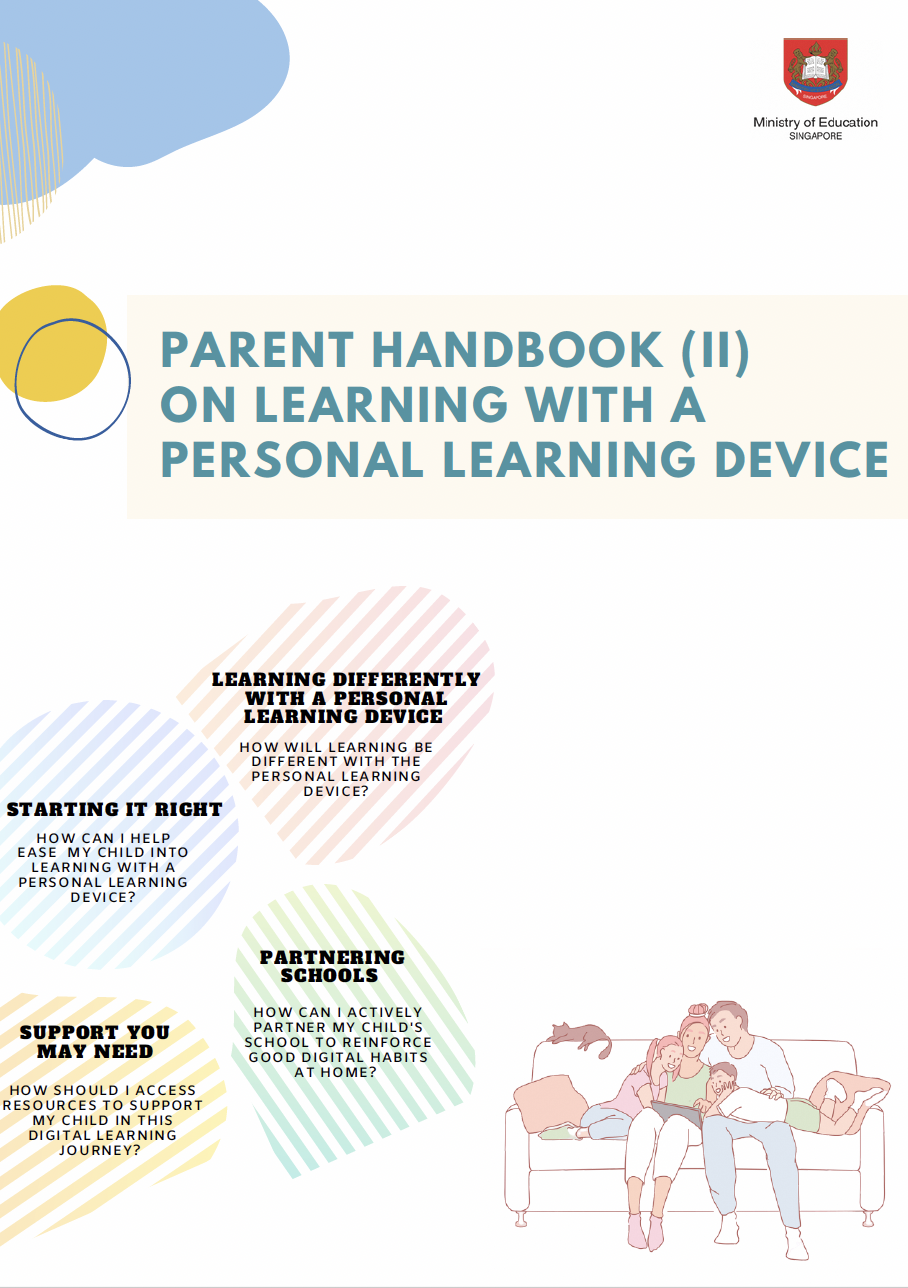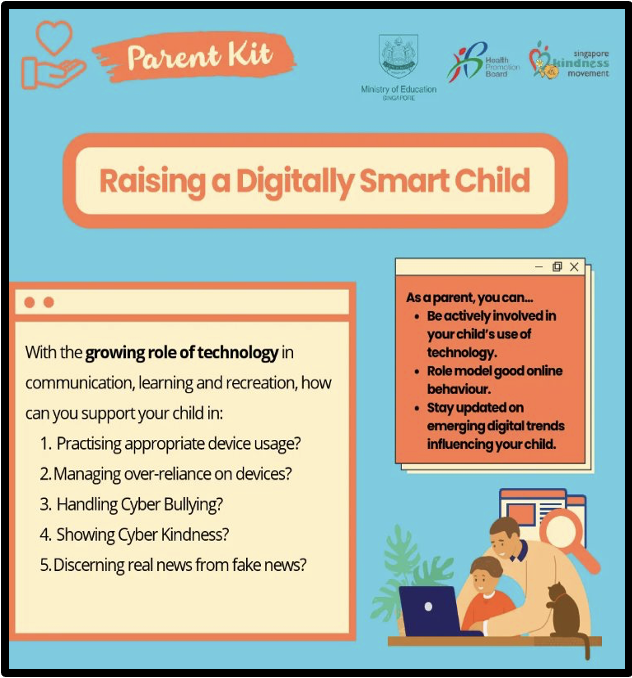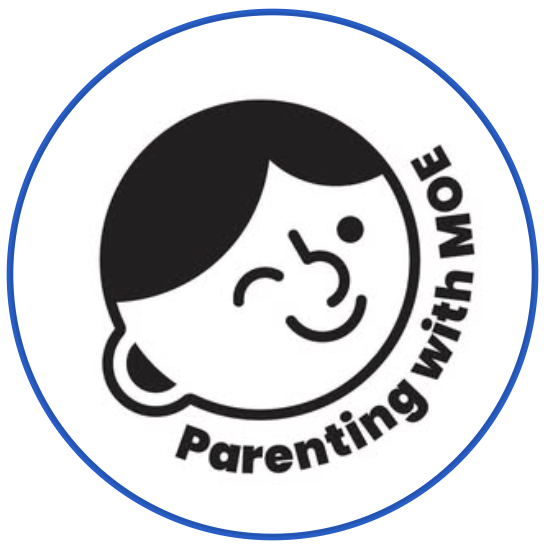PDLP
National Digital Literacy Programme
At MOE’s Committee of Supply Debate in March 2020, MOE launched the National Digital Literacy Programme (NDLP) for our schools and Institutes of Higher Learning to help students strengthen their digital literacy. One of the components of the NDLP is the introduction of the Personalised Digital Learning Programme (PDLP) for all secondary school students, whereby every secondary school student will own a school-prescribed Personal Learning Device (PLD).
The aims of PDLP is to …
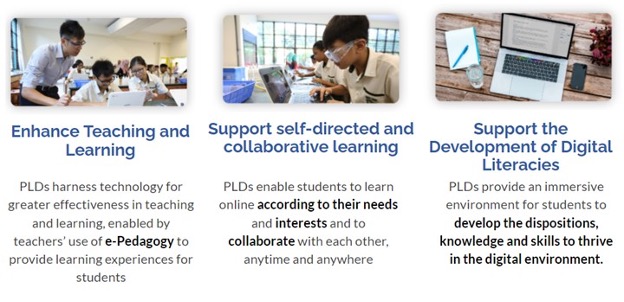
Personal Learning Device (PLD)

St Patrick’s School has selected Chromebooks as its PLD. Despite its small size, our Chromebook of choice will be lightweight, durable, with touchscreen, camera and stylus. Bundled with 3 years of warranty and insurance coverage, it offers superb value for money and will provide students with many good years of learning and productivity.
The PLD will be used in tandem with the national e-learning platform – the Singapore Student Learning Space (SLS)– as well as other educational technology to personalize and enhance students’ learning. This will also enable students to acquire digital skills and apply these skills as they navigate an increasingly digitalised world.
Use of Edusave
If your child/ward is a Singapore citizen, you can use your child’s/ward’s Edusave to pay partly or fully for the PLD. A Singapore citizen student can use up to the available Edusave balance in his Edusave account to pay for the PLD after setting aside provision for payment of 2nd tier miscellaneous fees.
Financial Assistance
Subsidies are available to students who require financial assistance. Singapore Citizens who are already on MOE Financial Assistance Scheme (FAS) or School-based FAS will automatically qualify for these subsidies and do not need to take any action. Please note that it is compulsory for all existing students on MOE FAS to use their Edusave to pay for the PLD, after subsidies have been granted.
Students who are currently not under the MOE Financial Assistance Scheme may approach the school’s General Office to apply for additional subsidy if their Gross Household Income (GHI) is $4,000 or less, or Per Capita Income (PCI) is $1,000 or less.
“PCI" refers to the Gross Household Income divided by the total number of family members in the household.
Students from eligible low-income households may apply for the DigitalAccess@Home scheme by the Infocomm Media Development Authority (IMDA), which provides subsidised broadband access. More information can be found at: https://imda.gov.sg/dah
ICT applications
As part of the programme, the school will make available ICT applications that will be vital to students’ learning experience and educational journey.
(a) Student iCON: Every student will be given an email address. This is a service provided by Google as part of Google Suite.
(b) Microsoft Pro Plus: Every student will be able to use Microsoft Office tools that include Word, PowerPoint and Excel.
The schools may also choose to roll out applications other than those listed above. The school will need to use your child’s/ward’s personal data such as his name and class to set up user accounts. Please refer to our Frequently Asked Questions section for more information on the collection of data via these applications.
Cyber-wellness
In rolling out the PLD, MOE is acutely aware of concerns regarding students’ cyber-wellness. The DMA allows the school to manage this, by
(a) collecting data on usage by the student, such as the amount of time spent on each application,
(b) monitoring, filtering and limiting the type of websites accessible to the student, and
(c) placing restrictions on students’ screen time in order to prevent cyber addiction.
Please refer to our Frequently Asked Questions section for more information on the DMA as well as MOE’s collection of data.
Cyberwellness Resources for Parents
Frequently Asked Questions
A list of answers to Frequently Asked Questions can be found here
If you have any further queries, kindly email us at:
|
Technical Matters
|
Financial Matters
|


